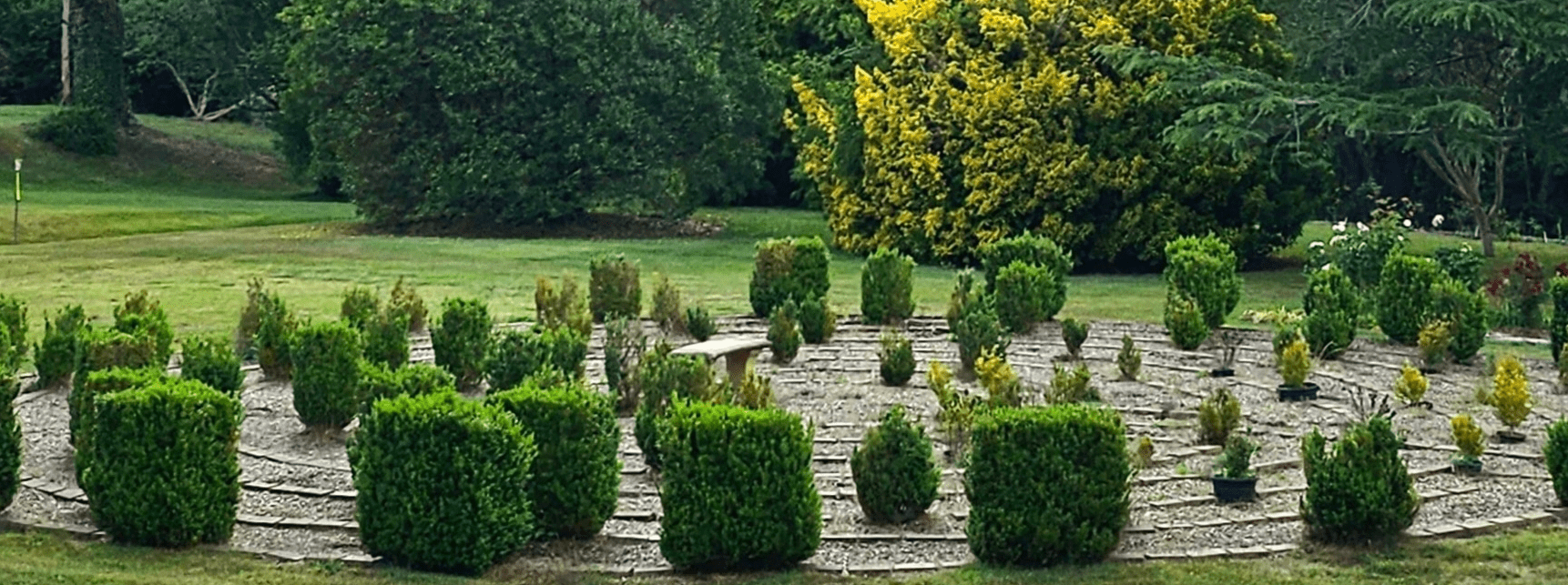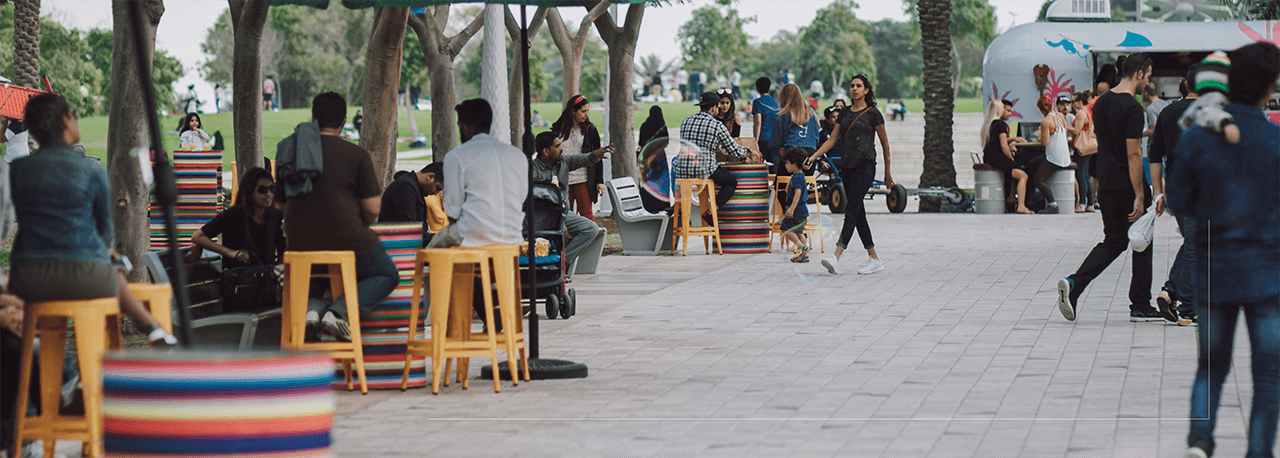Words are privileged in my work. They communicate and persuade. They speak to the reason within us, the cognitive rational part of us. Most importantly, as we utter words and then narratives of who we are and how we are, these stories become part of us, they begin to form a part of our identity.
Words can prompt actions in, and change how we perceive, the world we inhabit, whether professional or personal.
Yet true transformation comes from our experience of ourselves in relation with another. And “in relation with” is first about your presence with another.
When I am with you, are you present with me? Do you consider me important enough to be here with me? Am I worthy of your attention?
Presence
- is the state of receptivity to the present moment,
- has a dynamic quality,
- is being available – not merely physical, also mentally and emotionally,
- involves the empathetic experience of other people and their vitality.
Peter [a pseudonym, of course] consulted me as he could not see a way forward in his career. It seemed to him that every step he took in his professional life was fraught with challenges and less than satisfactory resolutions. He was wondering if he was indeed in the right career and whether to move on. Peter also adopted some maladaptive habits to bolster his sense of loss of control.
One aspect of Peter’s problem was a lack of confidence. His success was “just good luck”, his failures were his fault.
Our initial conversations revolved around the rational, sensible steps to be taken in the face of challenges in his work – some of which resulted in his commitment to take certain steps – the notion of “feel the fear and do it anyway”. Peter would bring the outcomes back into our sessions, most of which were positive. Initially, he figuratively patted himself on the back, not entirely convinced it wasn’t just luck. Peter’s resistance to “stepping up” remains, the fear still takes hold at “crunch time”, as he called it, immobilising him.
Ironic though it may seem, that at times of real conflict, we choose to trust a (professional) stranger than close ones no matter how supportive they can be. A stranger has no preconception or expectations of us as individuals. This gives us a level of freedom to experiment with being “different” to our “usual” self. It allows us to see ourselves through fresh eyes. This was how I, as psychotherapist, stepped into a relationship of trust with Peter, and established a foundation of safety upon which he could explore his “stuff” without fear or favour.
So what to do with Peter’s continued hesitance? It was not the ‘do’ but rather the being in our connection that provided rich evidence of his capabilities. It was not my job to tell him what to do with his work; each time there was a challenge, he was the one with the courage to face it with varying degrees of success.
So it was that my presence bore witness to his courage, his analytical and critical mind, his creativity and his tenacity. And gradually he began to experience a different version of himself, and eventually found himself worthy enough.
While presence does not lend itself to concrete or objective definition, its existence is most certainly felt. You have felt it – in yourself and with another, have you not?
In this age of distraction, this post is a re-commitment to PRESENCE: attending to being present with another, noticing how my presence impacts another, and deepening my presence.
How will Presence contribute to your professional and personal lives?
© 2024 Transfigure Therapy







